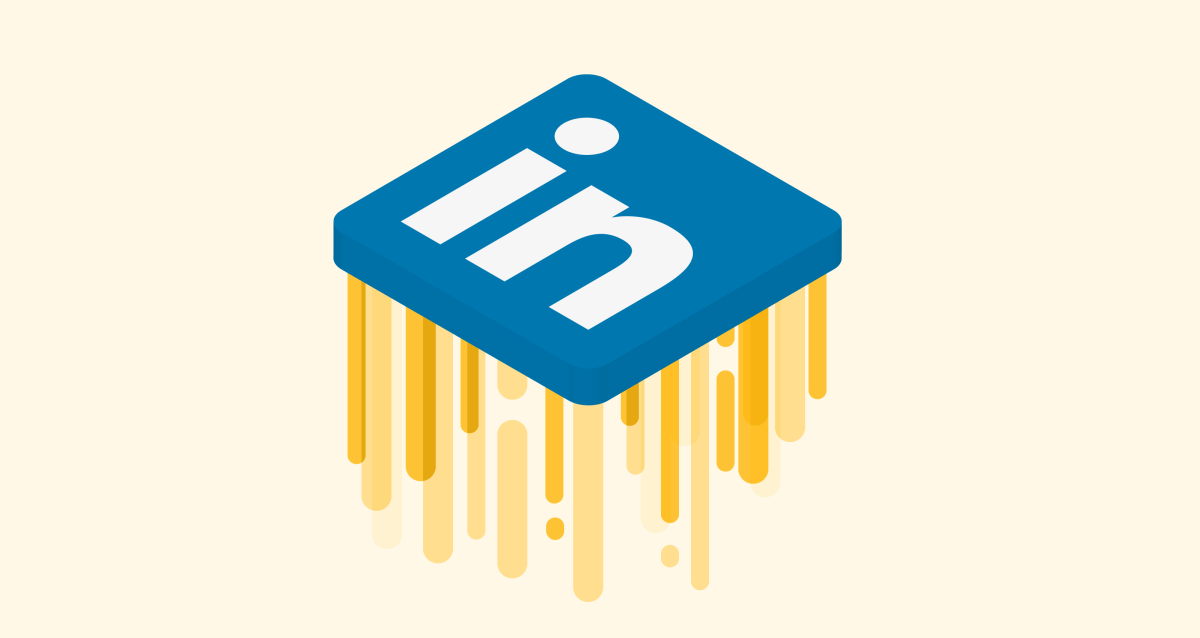LinkedIn users on Tuesday began noticing a problem with their follower counts on the platform: They were dropping rapidly, and sometimes by many hundreds of users at once. With no official word at the time from LinkedIn, many began speculating that the situation was the result of LinkedIn purging fake accounts from the platform.
Some even spoke with authority on the matter, claiming that the problem was due to a decision by the company to clean out fake, inactive, or duplicate accounts. Others leveraged the opportunity to pitch their expertise in being able to help LinkedIn members from having their accounts “banned.” Still more questioned what they may have done wrong to see their accounts lose so much traction in such a short period of time.
Though the general consensus was that this was a purge enacted by LinkedIn, the company announced later in the day that it had looked into the issue and has now “resolved” the problem. It did not offer an explanation as to the cause.
“We heard some members may have seen a change in their connection and follower count,” the company wrote in a post on X. “Our team quickly looked into this. We’re happy to report this has now been resolved.”
Reached for comment, the company simply pointed us to its Status page where it documented on Tuesday at 6 a.m. ET that some members had been experiencing “issues with their follower and connection count” on LinkedIn, which it was still investigating later in the day. LinkedIn marked the problem as resolved Tuesday afternoon, at 1 p.m. ET.
Users’ idea that the issue was driven by a purge wouldn’t be out of the realm of possibility. X has repeatedly run purges to remove spammers, bots, and inactive accounts from its platform, as do other social networks.
However, given that LinkedIn’s network is about building up your perceived relevance and clout in your industry, a follower drop could have been disastrous for those who rely on their profile to market themselves or their businesses, as well as those who do such work on behalf of their clients.
It’s worth noting that the incident blew up, in part, because LinkedIn didn’t acknowledge the problem on its own LinkedIn account or its X account, the latter of which hasn’t been updated since May of last year.

